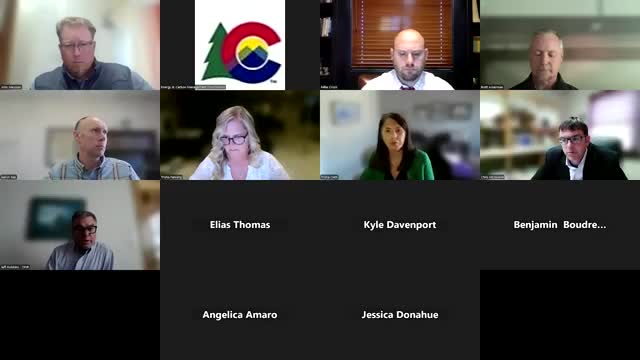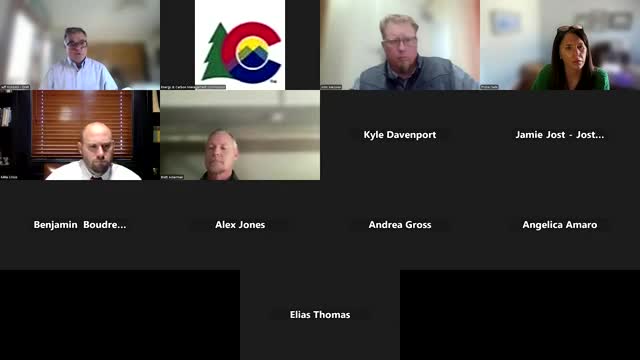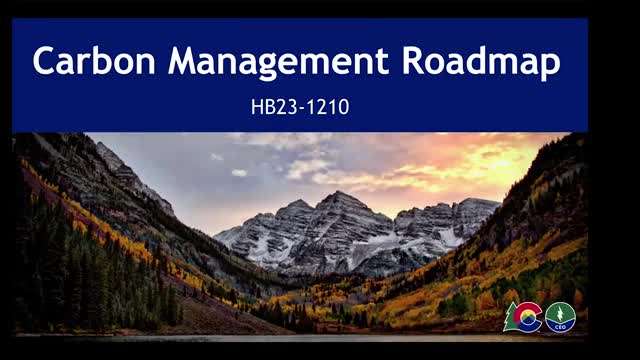Article not found
This article is no longer available. But don't worry—we've gathered other articles that discuss the same topic.

Residents urge ECMC to halt or slow oil and gas approvals, cite health studies and operator violations

ECMC approves GMT Exploration’s Secret Stash OGDP with pipeline ‘best efforts’ condition after executive session

ECMC approves Saint Croix’s Long Knife OGDP for Washington County, 480-acre plan with two vertical wells

ECMC approves Extraction’s Draco OGDP 4–1 after debate on timing and alternative siting; conditions include Southern Land Company timeline and 'best efforts' to

